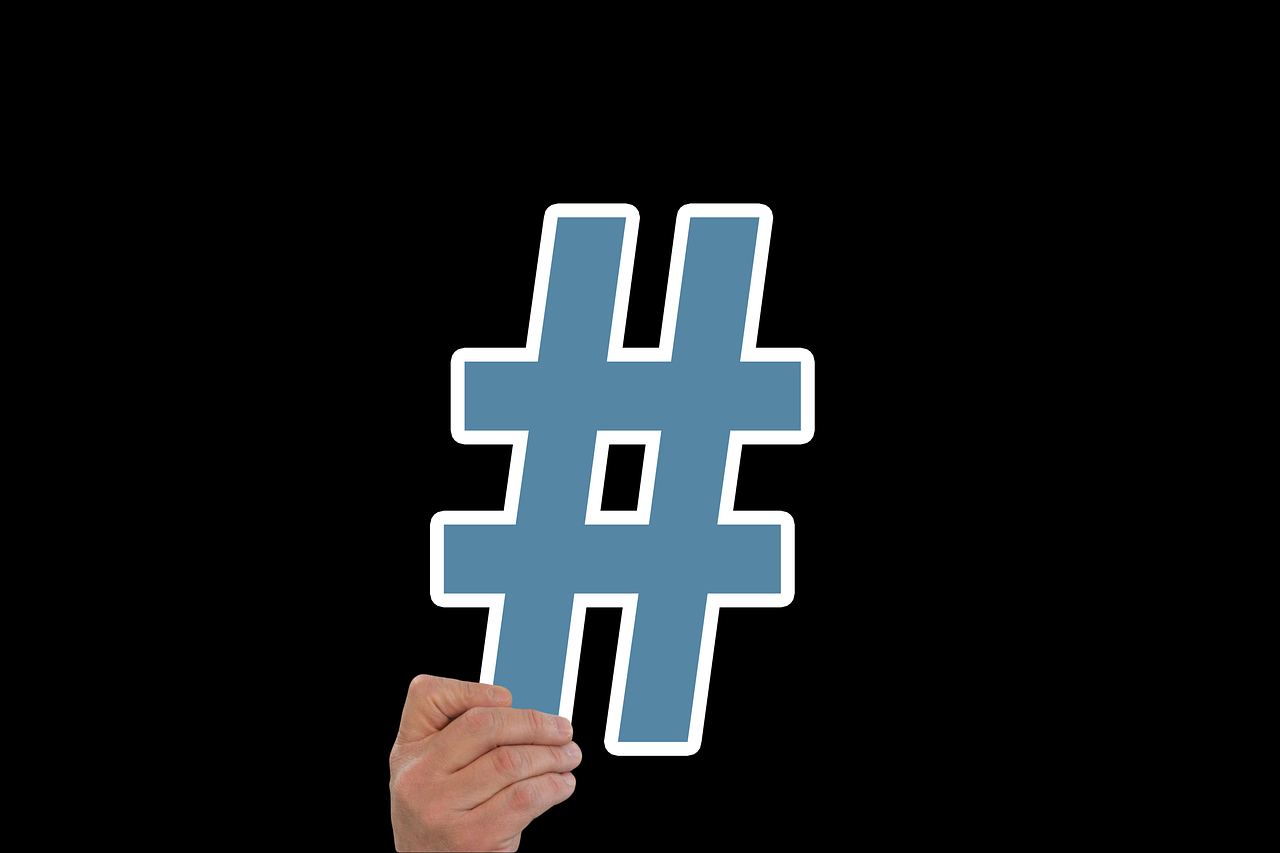Deciphering the Sociocultural Impact of Meme Culture
In the digital age, memes have emerged as a unique form of communication, influencing societal norms and cultural ideologies. They are the product of a society increasingly anchored in online interaction and digital expression. But what does this mean for our society? How does meme culture reflect, shape, and challenge our social landscape? Read below to delve into an exploration of meme culture's impact on contemporary society.

The Genesis of Meme Culture
The term ‘meme’ was first coined by evolutionary biologist Richard Dawkins in his 1976 book ‘The Selfish Gene.’ He used it to denote an idea, behavior, or style that spreads within a culture. With the advent of the internet, this concept took on a new life. Today, memes are typically humorous pieces of content that are copied and spread rapidly by internet users, often with slight variations. They have become a staple of online communication, used to express ideas, emotions, and shared cultural experiences.
Memes: The New Language of Society
Memes have evolved into a form of communication that transcends traditional language barriers. They rely on shared cultural knowledge and experiences to convey complex ideas, emotions, and attitudes. This shared understanding makes them a powerful tool for fostering a sense of community and belonging among diverse groups. In many ways, memes have become the digital equivalent of inside jokes, fostering a sense of cultural unity and shared identity among those in the know.
The Sociopolitical Power of Memes
Memes are not just about humor and shared cultural experiences. They have also become a powerful tool for political expression and social commentary. From highlighting social issues to mocking political figures, memes have given people a platform to voice their opinions and engage in political discourse. They have been instrumental in shaping public opinion and have even played a role in significant political events. The role of memes in the 2016 U.S. Presidential Election and the Brexit referendum are noteworthy examples of their sociopolitical influence.
Memes and Cultural Shifts
Memes also serve as a mirror to societal changes and cultural shifts. They reflect our evolving norms, values, and ideologies. They are often the first to highlight emerging trends, making them a valuable tool for sociocultural analysis. By studying the themes and narratives prevalent in memes, sociologists can gain insights into the collective psyche of society and the cultural shifts taking place.
The Downside of Meme Culture
While meme culture has many positive aspects, it also has a dark side. Memes can perpetuate harmful stereotypes, spread misinformation, and contribute to online harassment. They can also desensitize people to serious issues by making light of them. It is essential to approach meme culture with a critical eye, understanding the potential harm while appreciating its power for connection and commentary.
In conclusion, meme culture is a powerful sociocultural phenomenon that reflects and shapes our society in various ways. By understanding its impact, we can better navigate our digital world and use this tool for positive social change.




